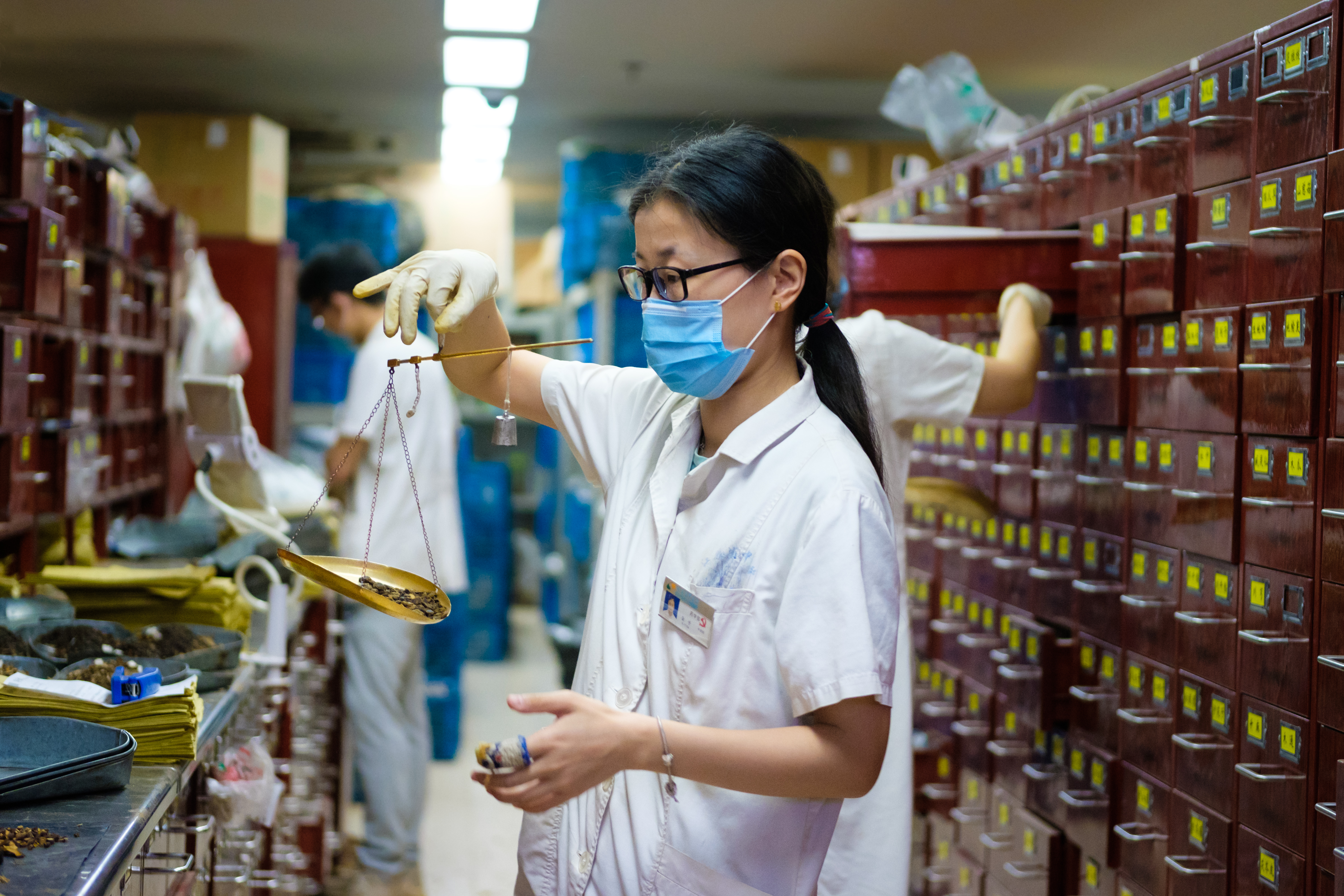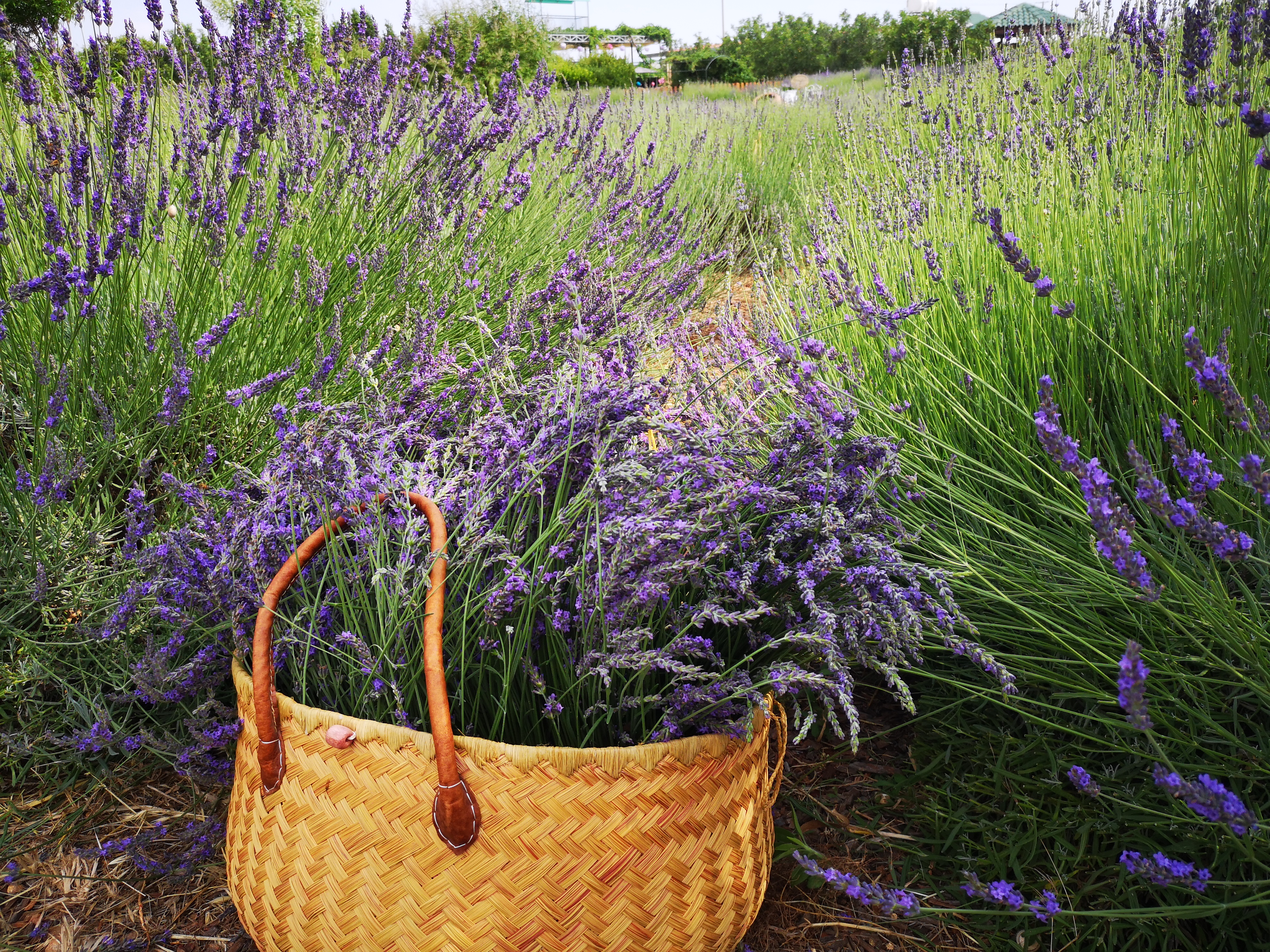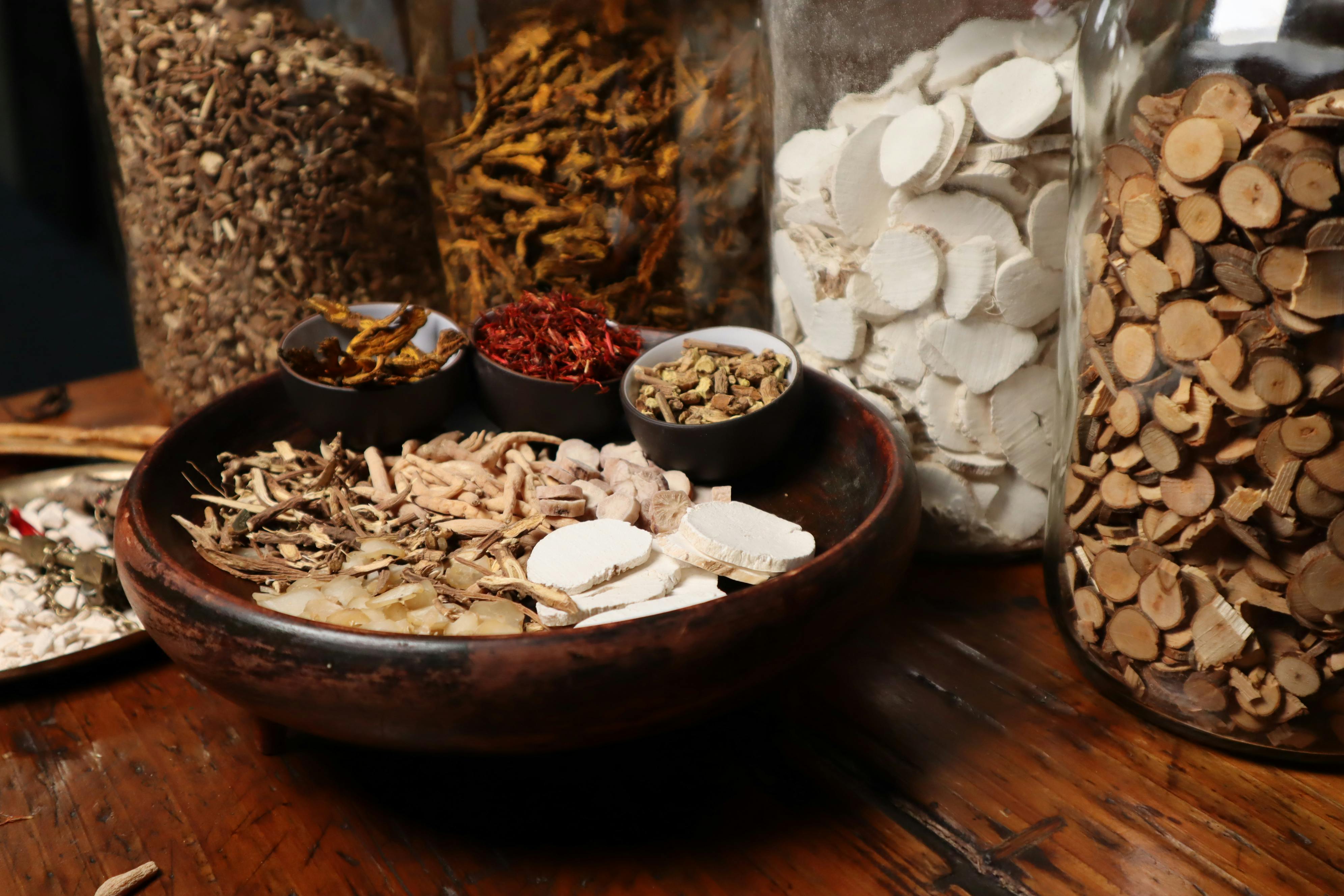Local herbs are at the root of health treatments in both China and Cyprus
By Karen Taylor
Based on the essence of the country’s ancient culture, Chinese Traditional Medicine (TCM) seeks to find harmony in the body, finding the root cause of problems and not just treating the symptoms.
Based on the doctrines of Confucious, harmony has become a core concept of TCM says Vice Principal Shandong University of Traditional Chinese Medicine Wang Zhenguo. “The treatment concept for TCM is thought of as balance, coordination and harmony. Therefore, we say the core idea of TCM is the pursuit of harmony.”
Traditional Chinese medicine has a very long history and was used to treat pandemic diseases as far back as the Bronze Age (3000 BC to 1200 BC). Its basis is the traditional Chinese philosophy of Yin and Yang and the Five Elements.
One of TCM’s key practices is herbal medicines, which see all parts of plants, from seeds to leaves, packaged as powders, pastes, lotions, teas or tablets, depending on the herb and its intended use. Different herbs have different properties and are used alone or in combinations to balance particular parts of the body. Prescribing a herb or concoction of them means the state of the patient’s Yin and Yang, and the elements that are governing the affected organs have been taken into account.
Generally, a concoction is made of about nine to 18 herbs and other substances. Some are considered as main herbs, others as ancillary herbs. Some ingredients may even be added to cancel out toxicity or side-effects of the main ingredients.

In a similar fashion, healing herbs have been used for thousands of years in Cyprus, the Mediterranean and the Middle East, says herbalist at Cyherbia Miranda Tsingis.
The main herbs used on the island are sage, thyme, oregano and mountain tea, which people would forage for in the wild. “It is an amazing fortifying herb,” says Tsingis.
The use of these herbs is “extremely important in the modern world as we have become resistant to antibiotics,” she adds, attesting it is easy to deal with certain illnesses or other issues with herbs. “They build up the immune system. Our bodies react well to herbs and it is amazing what you can accomplish sipping tea [made from them].
“We don’t need to look for exotic plants for our healing, every region has suitable plants. The wisdom of Mother Nature is so infinite, every region of the world has healing plants.”
Herb Valley’s Carolina Antoniades agrees. “It’s not just about weight loss or detox, herbs can also help with other things, aches and pains, colic, heart disease.
“Lots of our herbs are very powerful. There is a herb for every single thing.”
According to a 2019 World Health Organization (WHO) Global report, 88 per cent of its member states acknowledge the use of traditional and complementary medicine in health care, and TCM is gaining more acceptance around the world as the WHO now endorses it.
“Chinese medicine actually originated in China thousands of years ago,” says Dr Xuekai Zhang, Director of the Centre for Chinese Medicine and the spread of Chinese medicine worldwide is quite important.”
Chinese medicine will help us conquer life-threatening diseases worldwide, and people across the globe will enjoy its benefits for health promotion, Nobel prize for medicine winner Tu Youyou said after using studies of traditional herbal medicines to find a treatment for malaria.

Many medical experts do not understand TCM. “I think we should let the culture of TCM be better explained to the world. President Xi Jinping once put forward that we should make TCM clearer in terms of common languages. That is to say, interpreting it in a language that can be accepted and understood by other cultures,” says Zhenguo.
TCM has been used in multiple epidemics throughout China’s history and practitioners joined the fight against Covid from its earliest stages, although approaching the problem from a different angle to those in the West. “Western medicine concentrated on killing the virus, however TCM prefers natural methods to adjust the body’s own environment to enhance its own immunity to change the environment for the virus,” says Zhenguo.
In addition to herbal medicine, TCM also uses techniques like acupuncture – inserting needles under the skin to stimulate acupoints to treat diseases – moxibustion – a similar process that also warms the applied needle – cupping and specialised massage known as Tui na.
While WHO data shows 103 member states approved the practice of acupuncture and moxibustion, cupping also has a traditional role in Cyprus, where grandmothers will still follow the practice to help relieve a cold or aches and pains.
Cupping is an ancient form of therapy during which a therapist puts warm cups on the skin for a few minutes to create suction. This draws blood to or away from parts of your body.
To find out more about herbs in China and Cyprus click here
About Mirror of Culture
Mirror of Culture is a joint initiative of the Cyprus Mail and the Chinese embassy. It highlights the parallels between Cypriot and Chinese culture to set an example of acceptance, respect and
understanding among the various cultural communities on the island, recognising the fundamental importance of culture.
Culture is the universal language that transcends many barriers, including language and geography. The aim is to work with diverse cultural communities in Cyprus to share and promote our vibrant cultures to further bolster the bonds among all the people of Cyprus and celebrate the diversity of cultures in the world.
Furthermore, the initiative understands the importance of cultural preservation, which is an important way for us to transmit traditions and practices of the past to future generations.







Click here to change your cookie preferences